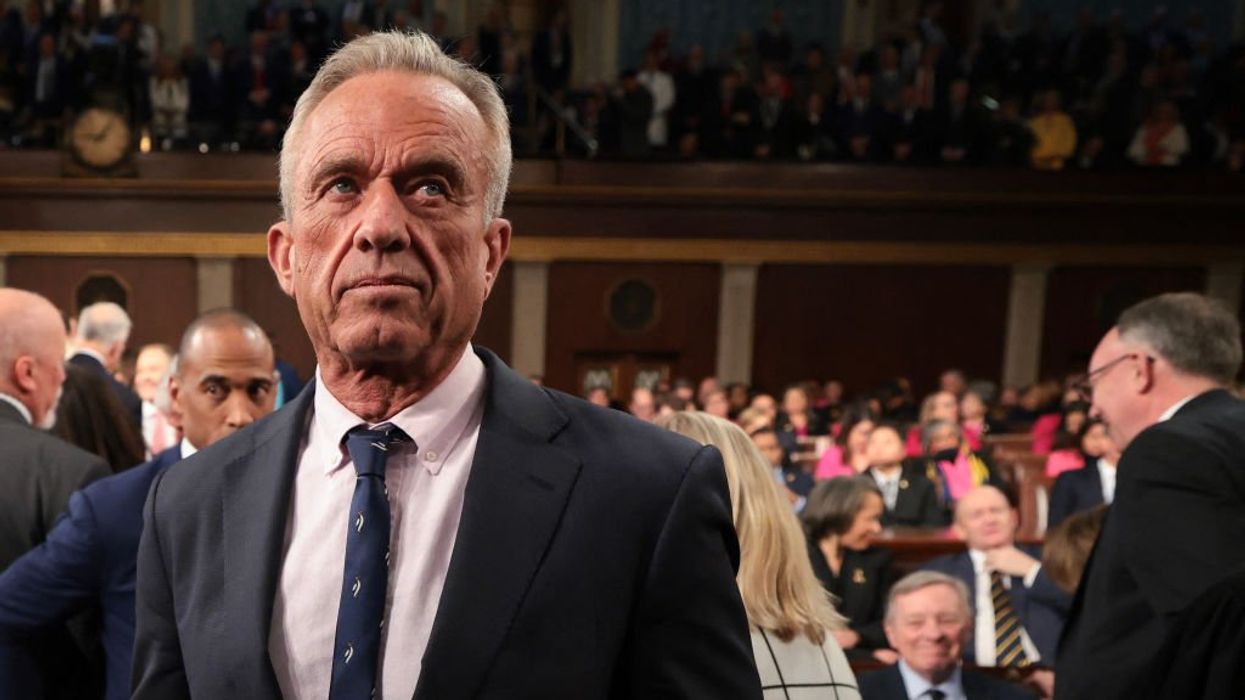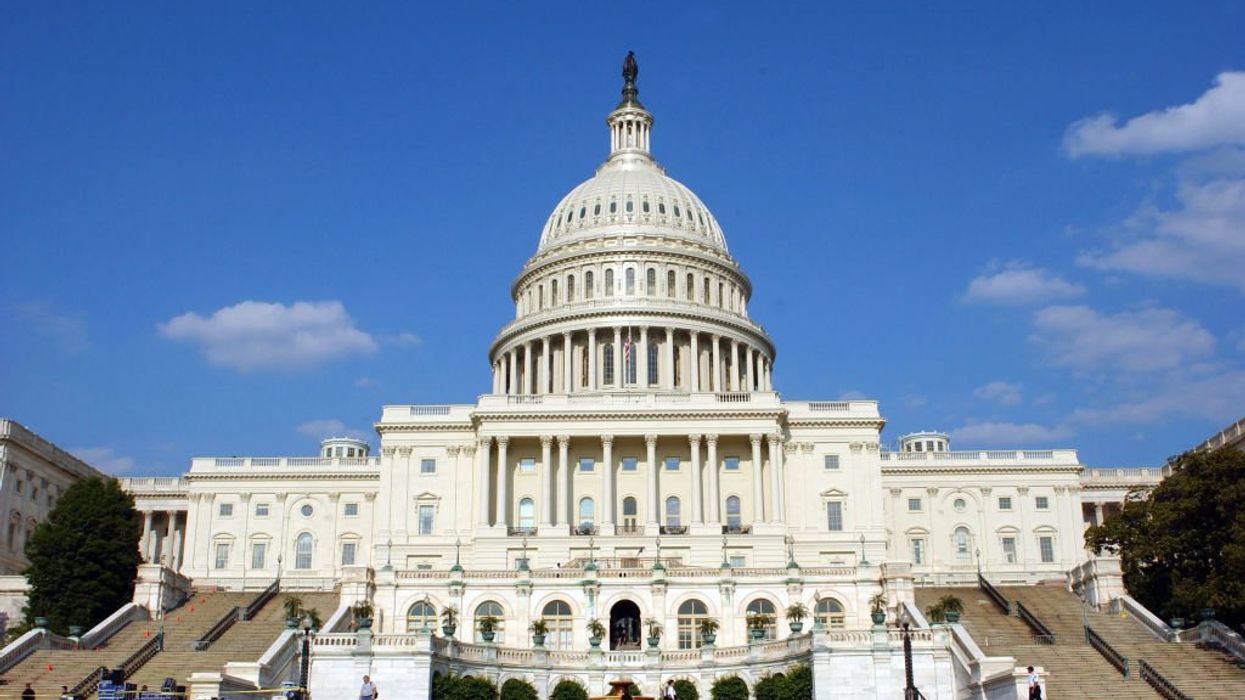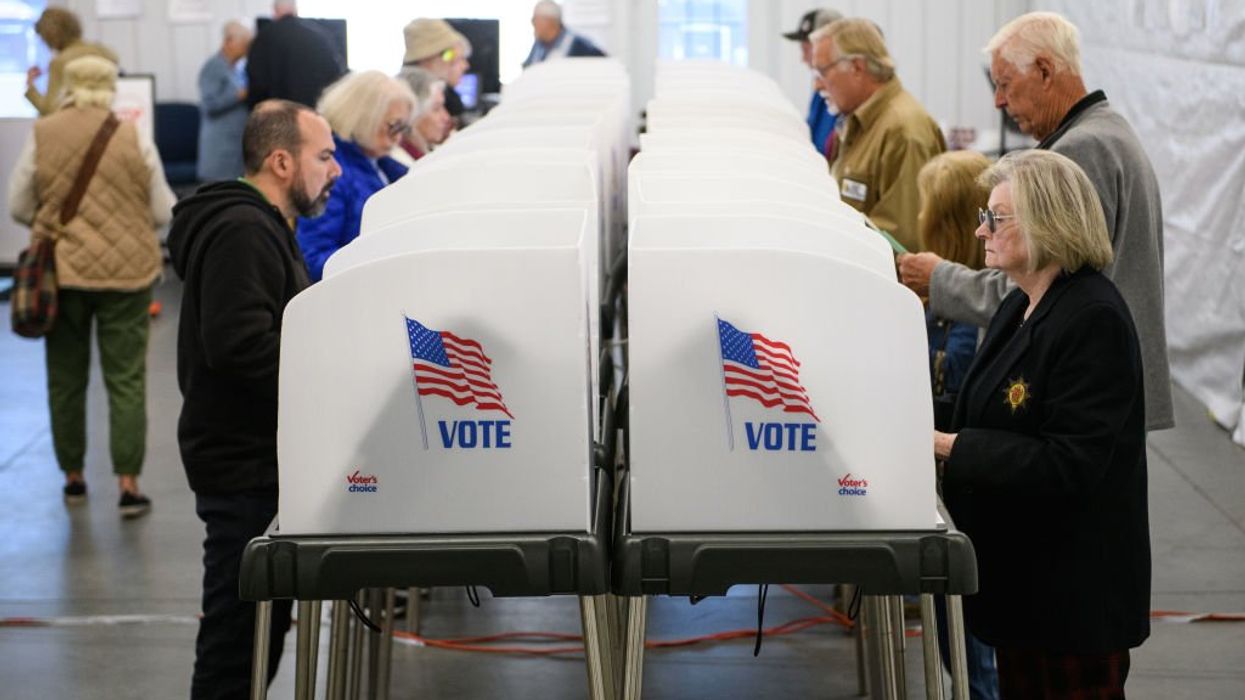GLENN: They say everything is bigger in Texas. And that includes the legends responsible for forging its independence. No discussion of Texas history could ever be complete without exploring the lives of Sam Houston, Davy Crockett, and Jim Bowie. One fact that makes us wannabe Texans feel better that none of these were born in Texas. But like the 28 million others who live there today, we all got here as soon as we could.
While Stephen F. Austin is the man without whom Texas might still be a hot, humid, swampy wasteland. In our first episode, we covered Austin's critical contributions to the founding of the state. He was, as the Spanish called him, an impresario, who was eventually responsible for at least 1200 American families immigrating to Texas. But, meanwhile, several other men, who like Austin who were from the east would also make their way to Texas.
This episode, we focus on one of the most complex and fascinating characters in American history, his name is Sam Houston, who was born in Virginia in 1793. He was 14 years old when his family moved to Tennessee. And at the age of 19, Houston joined the US Army and fought under Andrew Jackson in the war of 1812. Andrew Jackson is a guy that I like just about as much as Woodrow Wilson. I contend that the American republic as our Founders knew it, died under Andrew Jackson.
Not a good guy. But Jackson was responsible for the expansion of America in many ways. Mainly by killing the Indians. In the battle of horseshoe bend, Houston was wounded multiple times and just kept going. He was shot in the groin area with an arrow, and he bandaged himself up, then lead a charge to overtake the enemy fortification and was shot twice more by a rifle. He was hit in the shoulder and the arm.
His heroics made quite an impression on the future president, President Jackson. They became friends and close confidants for life. In 1822, Houston ran for and won election to the US Congress. And in 1827, was elected governor of the state of Tennessee.
VOICE: Within weeks, the marriage collapsed. He sent her packing back to her father. And he resigned as governor of Tennessee. This personal tragedy had great political repercussions. It ended his opportunity for a traditional political career and set him on a westward course that took him to Texas. And the beginnings of the creation of an empire.
GLENN: During his first term in office, rumors arose that Houston had developed a serious drinking problem and that he was cheating on his new wife. Because of this, he gave up plans to run for reelection. He quit politics, and for a time, went to live with the Cherokee Indians where he met and married his second wife, a woman whose heritage was half Cherokee. Houston was an outspoken advocate for the Indians, which was in direct conflict with his good friend, Andrew Jackson.
In 1832, he traveled to Washington to expose government fraud against the Cherokees. While there, a congressman from Ohio, William Stanbery made accusations against Houston on the floor of Congress.
Houston wrote repeatedly to demand satisfaction on the charges from Stanbery, but never heard back. Finally, Houston confronted Stanbery in DC on Pennsylvania Avenue and beat him senseless with a hickory cane.
Apparently, a lot of beatings with canes happened back then. Stanbery pulled his pistol and fired at Houston, but the gun misfired. Stanbery was injured because of that, and Congress ordered the arrest of Sam Houston.
He was represented in court by Francis Scott Key. Yes, that guy. He was a lawyer who authored the national anthem. But the famous representation didn't help. But if you're the opposite of Garth Brooks and you have friends in high places, including the president of the United States, President Jackson and future President James K. Polk, he was only lightly reprimanded. Yes, some things in Washington never change.
Unsatisfied with Houston's punishment, Stanbery sued him in civil court, and he won a 500-dollar judgment. But Houston left for Texas without paying a penny of it. He was later pardoned by Andrew Jackson, and the fine was erased.
So what happened to his family? Well, Houston's Cherokee wife had absolutely no interest going off to Texas with him, and she stayed behind in Tennessee.
VOICE: The hour that Sam Houston crossed the Red River in Texas in December of 1832, he became the most famous human being in Texas. He was nationally famous, as a war hero in the war of 1812, as a lieutenant of Andrew Jackson's, as congressmen in flamboyant governor of Tennessee. And the mere appearance of Sam Houston in Texas guaranteed that Sam Houston would achieve public notice, public notoriety perhaps.
GLENN: With the War of Independence on the horizon for Texas and Houston's reputation of a war hero after arriving in Texas, he was quickly appointed to commander-in-chief of the Texas Army, even though at the time there wasn't much of an army to speak of.
October 1835, the actual fighting in the Texas revolution began in Gonzalez. As a detachment of Mexican soldiers was beaten back and defeated trying to take back the Gonzalez cannon back to Mexico. The battle cry of the residents was defiant. You might have seen it on a flag from Texas recently. It just says: Come and take it.
The Mexicans couldn't. Texas won. A small group of 183 men took up the fight at the Alamo in San Antonio, as rumors spread of the approach of the 5,000 strong Mexican Army began to reach them. The men in the Alamo were determined to stay and fight even though Sam Houston told them it's foolhardy, a hopeless cause, and, quote, a trap for anyone who dared to defend it, end quote.
As we all know, he was right. The Mexican Army laid siege to the Alamo for nearly two weeks, then attacked and killed everyone inside.
The 183 men inside of the Alamo made the Mexicans pay dearly, killing between 600 and 1300 men in Santa Anna's army. Angered, Santa Anna began looking for Sam Houston, and along the way, executed the 400 Texans who had defended the garrison at Goliad, Texas, after they surrendered.
As the word trickled out about the fate of nearly 600 Texans killed at the Alamo and Goliad, more and more angry Texans joined Houston's army. It's one of the reasons why the Russian plans to invade the United States never included a single plan to enter through the Texas border.
You just don't want to make Texans angry. When Houston finally decided the time and circumstances were right to fight Santa Anna and he had enough angry Texans, he pounced on Santa Anna's forces at 3:30 at the battle of San Jacinto, winning one of the fastest, most divisive victories in all of history. The battle lasted 18 minutes. And that is when Texas won its independence.
Houston was wound again. His ankle was shattered by a bullet. And when he went to New Orleans for treatment, a huge crowd awaited him on the dock. One of those in the crowd was a 17-year-old girl named Margaret Lee who was immediately smitten with the 43-year-old war hero. But she didn't get a chance to meet him. Three years later, on a business trip to Mobile, Alabama, Houston and Lee met and were formerly introduced. The next year, the two were married. And this time, married for life. For the rest of Houston's life, Lee remained at Houston's side, until he died in his home in Huntsville in 1863.
Houston became a hero of incredible proportions in Texas. He would be elected president of the new republic twice. And when it became a state within the United States, he was elected one of the two US senators from the state.
VOICE: In 1854, as one of the two US senators from Texas, Houston performed the bravest political act of his career, when he voted against the Kansas-Nebraska Act, which would have potentially opened up certain western territories to slavery.
So he alone among all US senators from the cotton states voted against the act. And, of course, he was hung in effigy. He was reviled on street corners and on the political stump. The state legislature called upon him to resign in Texas.
VOICE: Although rejected by the Texas legislature, the people remained loyal to Houston and elected him governor in 1859.
Hardly had Texas joined the Union when the issue of secession to maintain the right to hold slaves swept the southern states.
VOICE: Houston fought with all of his might against the forces of secession. But crowds now hooted him down, spat upon him, threatened his life. The man who had given birth to Texas was now hated by the people he had led. He refused to swear allegiance to the Confederacy and was ousted from office.
GLENN: He had held on to his principles, even when it cost him his political career and his enormous popularity with the people. However, history would eventually right the wrongs done to his legacy and prove that his judgment was correct.
Sam Houston goes down as the only American in history to serve as the governor of two separate states, a US congressman, a US senator, and the president of a sovereign nation. He truly was one of the most unique and fascinating characters in history. Next time, Texas today.

















